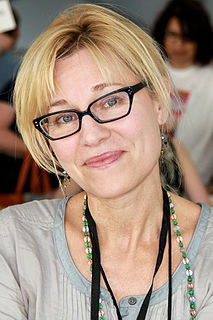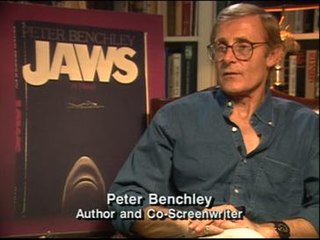A Quote by Elizabeth Crook
I think when you're a writer most of what you read influences you. The rhythms get into your head.
Related Quotes
I always think that the writer is doing the vast majority of the director's work, in a sense. If you're a writer who is also going to direct, you're doing all your preparation: You're already visualizing everything, you're imagining how the lines are going to be read, you see the blocking in your head, and you know the rhythm and the pacing.
A human body can think thoughts, play a piano, kill germs, remove toxins, make a baby all at once. Once it's doing that your biological rhythms are actually mirroring the symphony of the universe because you have circadian rhythms, seasonal rhythms, tidal rhythms you know they mirror everything that is happening in the whole universe.
My first advice would be to read, read, read, which sounds interesting coming in a digital age, but it's so much easier to listen to a poem than it is to sit down and actually read it and to hear it in your head and that is something that every poet or aspiring poet needs to be able to do, I think to hear it in their head.
It's not possible to advise a young writer because every young writer is so different. You might say, "Read," but a writer can read too much and be paralyzed. Or, "Don't read, don't think, just write," and the result could be a mountain of drivel. If you're going to be a writer you'll probably take a lot of wrong turns and then one day just end up writing something you have to write, then getting it better and better just because you want it to be better, and even when you get old and think, "There must be something else people do," you won't be able to quit.
I'm not a good writer, and I don't care. Unfortunately, after I left college, I didn't have time much for literature. I wish I did. Most of the time I read documents, and that's not going to help your writing. But I'm a very logical writer, and you can't get out of me. Once I've nailed you, you're finished.
No one can teach writing, but classes may stimulate the urge to write. If you are born a writer, you will inevitably and helplessly write. A born writer has self-knowledge. Read, read, read. And if you are a fiction writer, don't confine yourself to reading fiction. Every writer is first a wide reader.
No one can teach writing, but classes may stimulate the urge to write. If you are born a writer, you will inevitably and helplessly write. A born writer has self-knowledge. Read, read, read. And if you are a fiction writer, dont confine yourself to reading fiction. Every writer is first a wide reader.





































